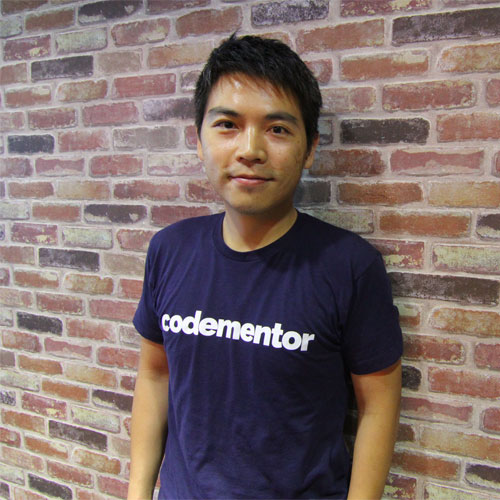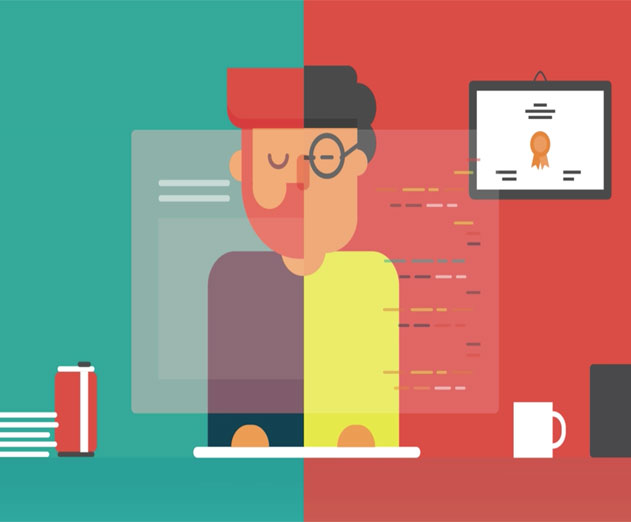3 Developer Career Hacks for 2016
Thursday, March 10, 2016

|
Weiting Liu |
To advance your career as a developer and maintain your tech prowess, it has become increasingly important to know, if not master, popular programming languages and platforms. Business needs are constantly changing, IT infrastructures are evolving, and while the demand for software developers is high, so is the competition.
As developers are often hired based on merit, the following three hacks will help give your career a definitive boost.
Soft Skills
Communication will always be the #1 soft skill for almost every profession. Having good communication skills is essential to help others understand what you're doing. If you're working with a team of other developers, this means the ability to explain to them what you are doing, whether it's through documentation or through oral communication.
Being able to defend your own decisions will also solidify your understanding of programming concepts and prove that you know what you are doing. It will also help you find out what you don't know, and when this happens, having the grace to admit your shortcomings is also a good communication habit.
All in all, communication skills are usually what employers look for during technical interviews. Having good communication skills is a must if you're looking to advance your career and become a lead developer.
On that note, empathy is also an important soft skill for developers. This means you have to put down your ego, as no one wants to work with someone who is difficult to get along with. Even if you're a skilled developer, if you only criticize others and refuse to give constructive feedback, you're not helping anyone or the project.
Using your strengths to support others' weaknesses will greatly improve your team's efficiency, and also makes it easier for you to receive help as well if you need it. No one is perfect, and your employer likely hired you to maintain a good balance in terms of strengths and weaknesses.
Finally, maintaining a positive attitude will help maintain a good working atmosphere - even a simple "thank you" will make a big difference.
All in all, making a point to improve your soft skills will definitely give your career a push.
Mentorship
The development environment is fast-changing with constant innovations. For example, in 2015, React was the hottest star, stealing market share and developer mind share from AngularJS. But in 2016, AngularJS is poised for a big comeback with Angular 2.0.
Docker is still on the rise, and everyone seems to be hot for continuous integration. For developers who want to jump the curve and add to their arsenal of programming skills, getting a mentor is a hack that will help you speed up your learning progress.
Moreover, as you become more experienced with development, you'll likely specialize in several skills and tools thanks to the tasks you work on. You'd build things other developers in your team might not be as familiar with, but sometimes they also need to understand what you're doing in order to integrate their work with whatever tools you're doing.
Can you mentor other people and share your knowledge?
On that note, being able to pick up new skills quickly and mentor others will definitely give you an edge against other developers. While mentoring others, you'd also learn more about the tools you use and improve as a developer, so it's a win-win situation for both you and your mentee.
Developers you've mentored before will likely look up to you, be a great addition to your network, and be happy to recommend you if asked. All in all, coding mentorship, both giving and receiving, will definitely help your career in the long-run.
Social Coding
When even Microsoft, the corporation once notorious for practically being the antithesis of "open source", is now on a quest to open source all things, it's clear that open source will remain mainstream for a long while.
While you don't necessarily have to contribute to open source projects to get hired, being an open source contributor will open the door to more opportunities and also give you an edge against other developers. After all, it is the easiest way for you to get under the radar of hiring managers and talent headhunters.
Contributing to open source projects is also the most effortless way for hiring managers to assess your skills. In short: participating in open source projects will net you more interview offers.
However, don't just aim to contribute to open source projects just for the exposure perks. Consider it an investment of your time to hone your ability as a developer, which will, of course, benefit your career. Contributing to an existing, quality open source project will force you to actually read the source code of a project, get familiar with its conventions (i.e. what constitutes readable and reusable code), and understand why it works or isn't working.
The things you'll learn from contributing to open source projects, even if it's not high profile, is the reason why open source contributions is beneficial to your career in the first place.
To Close
Software developers are in high demand, but more and more developers are also joining the job market, so it takes more effort to stand out in the talent pool. Taking advantage of the three hacks mentioned above will not only make you stand out from other developers, but also help you in the long-run.
Read more: https://www.codementor.io/
This content is made possible by a guest author, or sponsor; it is not written by and does not necessarily reflect the views of App Developer Magazine's editorial staff.

Become a subscriber of App Developer Magazine for just $5.99 a month and take advantage of all these perks.
MEMBERS GET ACCESS TO
- - Exclusive content from leaders in the industry
- - Q&A articles from industry leaders
- - Tips and tricks from the most successful developers weekly
- - Monthly issues, including all 90+ back-issues since 2012
- - Event discounts and early-bird signups
- - Gain insight from top achievers in the app store
- - Learn what tools to use, what SDK's to use, and more
Subscribe here











